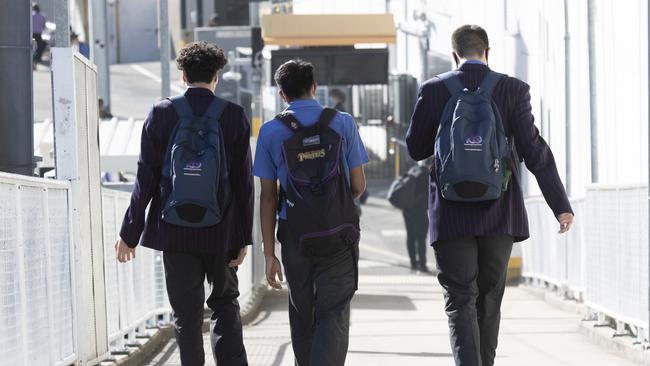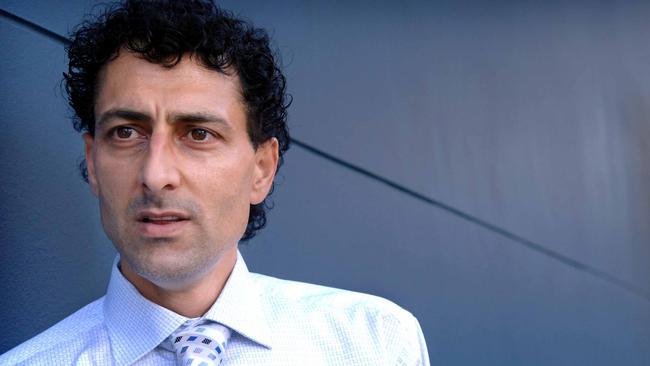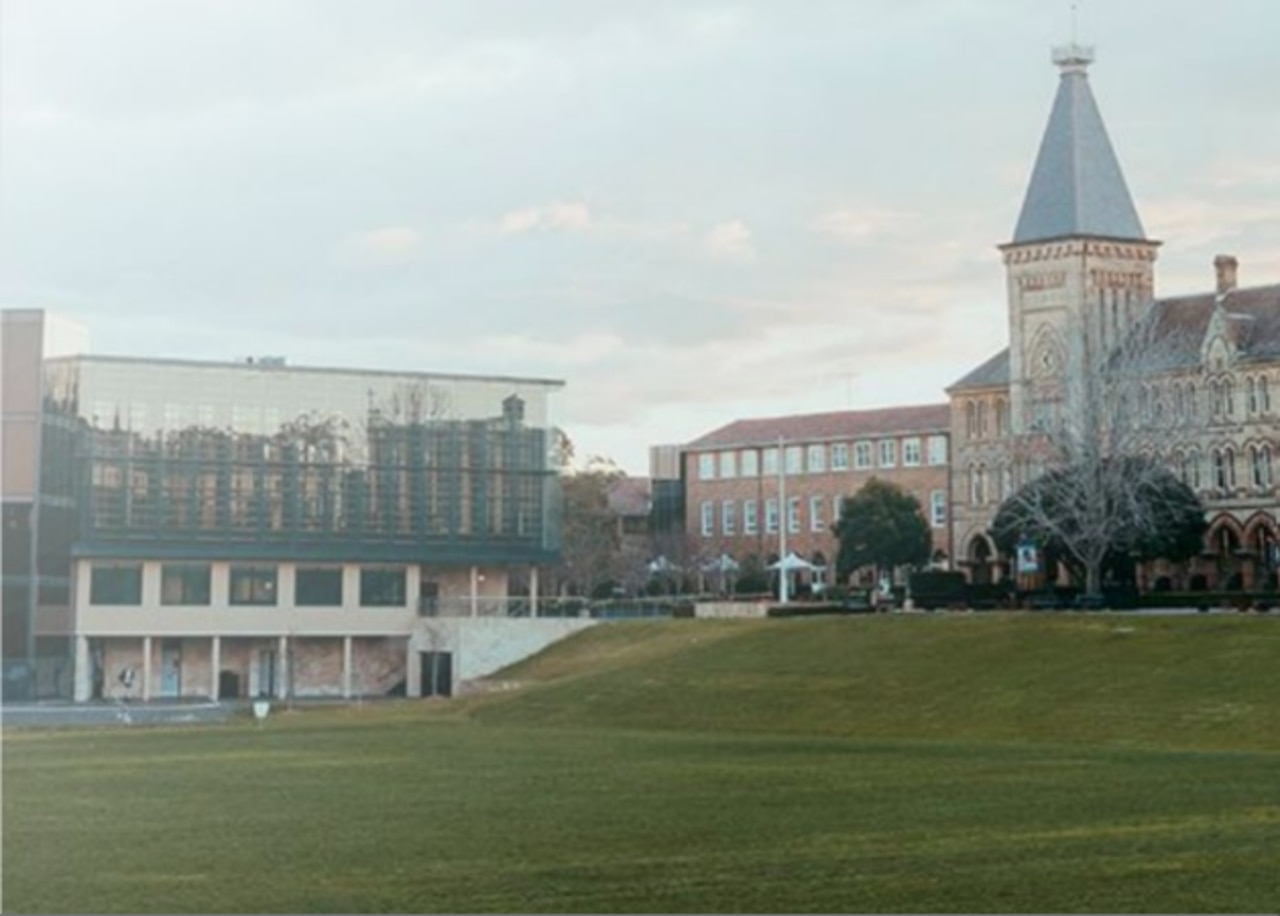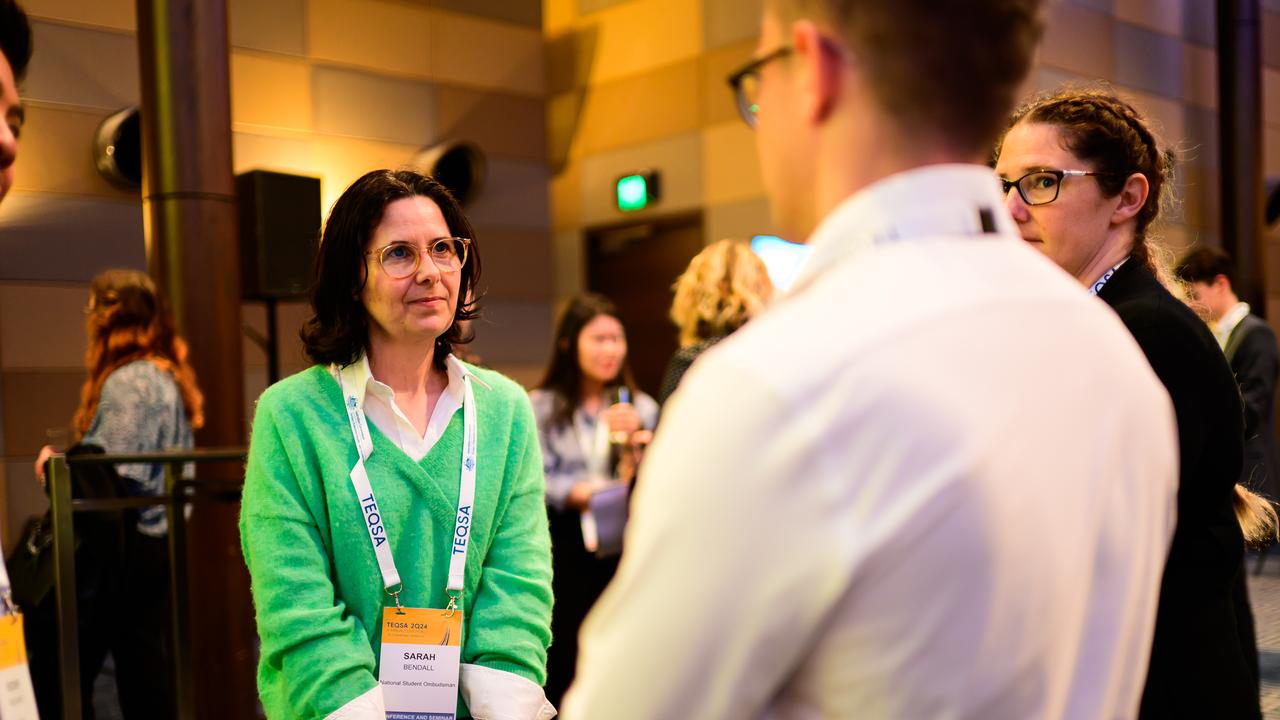Tutoring companies pay cash for names of high-achieving students
Students’ private contact data is at risk as tutoring companies are paying peers to provide the confidential information of high-achieving students at top Sydney schools.

High school students are being offered money by tutoring companies to supply private contact details of fellow students, as leading educators become increasingly alarmed at the absence of regulation in Australia’s rapidly growing tutoring industry.
In one case, the founder of tutoring start-up Tutorgum, Bob Chen, messaged students at North Sydney Girls High School at the end of year 12, offering money for the private contact details of the top 10-ranked students in physics and chemistry.
Mr Chen offered “$50 for the names and their contact”, and said he would “not spam them, or sell the information”.
“Your peers could really appreciate the opportunity to be paid well and be part of the fastest-growing tutoring company,” the messages said.
Mr Chen revealed that it was a regular practice, telling one student: “This is how I got in contact with (names) last year.”
Mr Chen is a former student of James Ruse Agricultural High School, one of the highest academically ranked schools in Australia. He markets Tutorgum as “disgustingly effective” and employs 18 recent graduates, some of whom were originally contacted by peers selling contact details.
Mr Chen said his company’s purpose is to provide the “best possible education” as students are left without the necessary support due to the long-term underfunding of NSW Education.
“In order to provide the best education, we want to hire the best,” Mr Chen said.
Offering money for the contact details of top achievers was “a last resort”, he said, and payments were made to compensate for participation in the process of explaining the job opportunity.
Mr Chen said he understood concerns about breaching students’ privacy.
“Potential tutors are only ever contacted once – no spam. It’s never, ever resold. After there’s no more need for their contact details, it is destroyed as much as we can,” Mr Chen said.
A concerned parent told The Australian: “It’s scary to think that my child’s contact details could be sold by her own peers. Her school community is meant to be safe, not a place for private companies to be paying off young kids.”
According to Australian Tutoring Association chief executive Mohan Dhall, the lack of regulation has also led to unqualified tutors and student wellbeing concerns.

One parent reported to the ATA that a tutor wrote belittling and aggressive messages to her 10-year-old child. When confronted, the teacher said simply: “Students need to learn to cope.”
It was “inappropriate that companies that work almost exclusively with children and young people are allowed to do so with no external validation or regulation”, said one leading educator at a prominent Sydney high school, who asked not to be identified.
“Tutoring colleges need to be regulated through the NSW Education Standards Authority and/or the state government.”
A spokesman for federal Education Minister Jason Clare said: “The Australian Tutoring Association requires its members to adhere to a code of conduct which includes the requirement they comply with the Privacy Act.”
However, membership of the ATA is voluntary, and there are only 475 members in a billion-dollar industry. According to Mr Dhall, the NSW government has shown a “lack of interest” in his recommendation to enable the ATA to become the official tutoring licensing authority in the state.
A spokesman for NSW Education Minister Prue Car told The Australian: “We don’t regulate the tutoring industry. They are commercial entities and any regulation is likely to fall under Fair Trading.”




